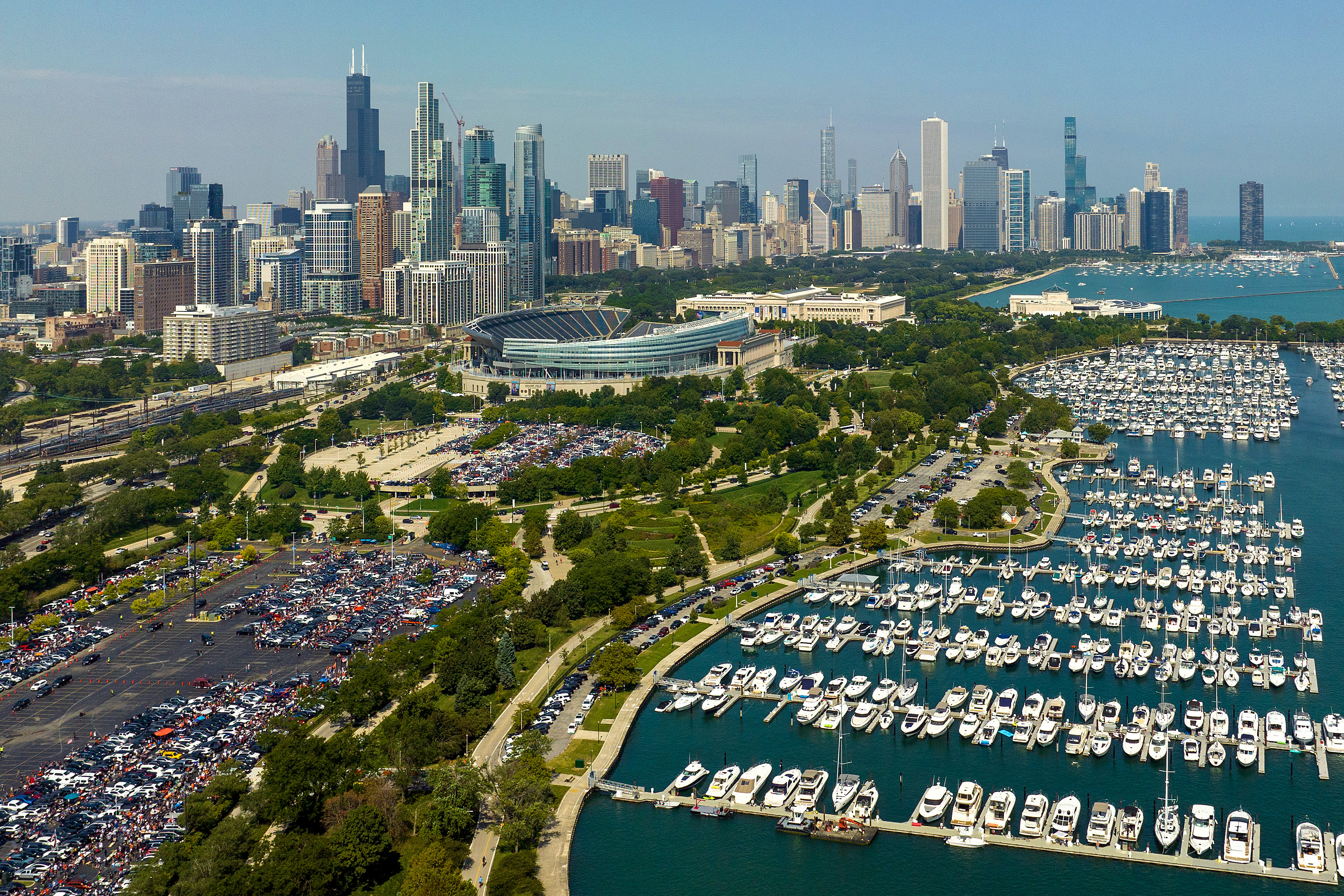CHICAGO – A new report released this week offers a critical examination of Cook County’s restorative justice courts – finding that while the practice is well-intentioned – the courts’ execution could use some improvement – including more community involvement and assigning cases that have actual victims.
Unlike the criminal court proceedings that unfold at 26th and California, where criminal defendants can be convicted or jailed for their alleged crimes, restorative justice takes a different approach – allowing people to address their harms by accepting responsibility for what they did and engaging with the people and community who are directly impacted.
In a 2022 newsletter addressing the practice, Restorative Justice Judge Beatriz Santiago wrote: “The beauty of this court is that rather than label the participant a criminal, a felon, the court gives the participant an opportunity to make amends to the victim and community for the harm caused and gives the participant a second chance. This is important because once a person is labeled as a convicted felon, their prospects to secure a good job and better himself or herself becomes increasingly difficult.”
According to the Office of the Chief Judge, nearly 500 people have participated in restorative justice community courts since the community courts began hearing cases less than 10 years ago.
Feeling out of the loop? We'll catch you up on the Chicago news you need to know. Sign up for the weekly Chicago Catch-Up newsletter here.
For a case to be eligible for the restorative justice, the person charged must:
- Be 18 to 26
- Have been charged with a nonviolent felony or misdemeanor
- Live, work or worship in one of the neighborhoods which has a community court
- Have a nonviolent criminal history
- Accept responsibility for the harm caused
Victims are not required to participate in the process, but the state’s attorney must get a victim’s permission before a case is accepted for restorative justice. If the victim declines, the case can’t be admitted, according to a court spokeswoman.
Local
The Chicago Appleseed report released this week examined the practice at three separate RJCC in Englewood, Avondale and North Lawndale over the course of three months last year.
The report found a huge shift in the types of cases these courts were hearing – from almost exclusively drug cases in 2017 and 2018 to more recent years - where 83 percent of the cases involved gun possession.
Naomi Johnson with Chicago Appleseed Center for Fair Courts said the research team felt like many of these crimes did not have actual victims.
“That was surprising to us because it didn't feel - it wasn't in line with restorative justice practices that really focused on addressing harm in the community. In these cases, it was hard to find where the harm was taking place,” Johnson told NBC 5 Investigates.
Nearly all of those participating in Cook County’s restorative justice courts have come from Black or Latino communities and researchers raised concerns that the courts hearing mostly drug and weapons cases could be the result of “lack of safety, over policing and disinvestment in those communities.”
Johnson added the courts are “certainly an improvement from your traditional criminal court. They are a much better place to be than 26th and California. However, there were certainly concerns about the amount of time that they show up in participants' lives and the lack of community engagement in these courts.”
The researchers called for a series of improvements – including creating a task force to evaluate the courts, gain participant feedback and oversee changes to the court.
NBC 5 Investigates reached out to the Office of the Chief Judge. Through a spokeswoman, the court released the following statement:
“We appreciate that the Appleseed analysis highlights the many positive elements of our programs, particularly the low recidivism rate of young people in the Restorative Justice Community Courts (RJCCs) – a rate of 13% within one year of enrollment compared to 65% for similarly situated young people whose cases are adjudicated in traditional court proceedings. We are encouraged by the ongoing success of our community courts, which have provided hundreds of young people a second chance to improve their lives and avoid having felony convictions on their records. The court is open to collaboration with our criminal justice and community partners on additional alternatives to the traditional court process to the extent the law allows. We appreciate Appleseed’s interest in the court’s restorative justice programs, and we are open to working with them in the future on a more rigorous evaluation of the RJCCs.”



